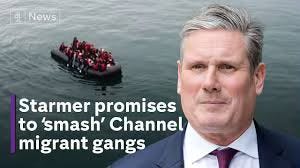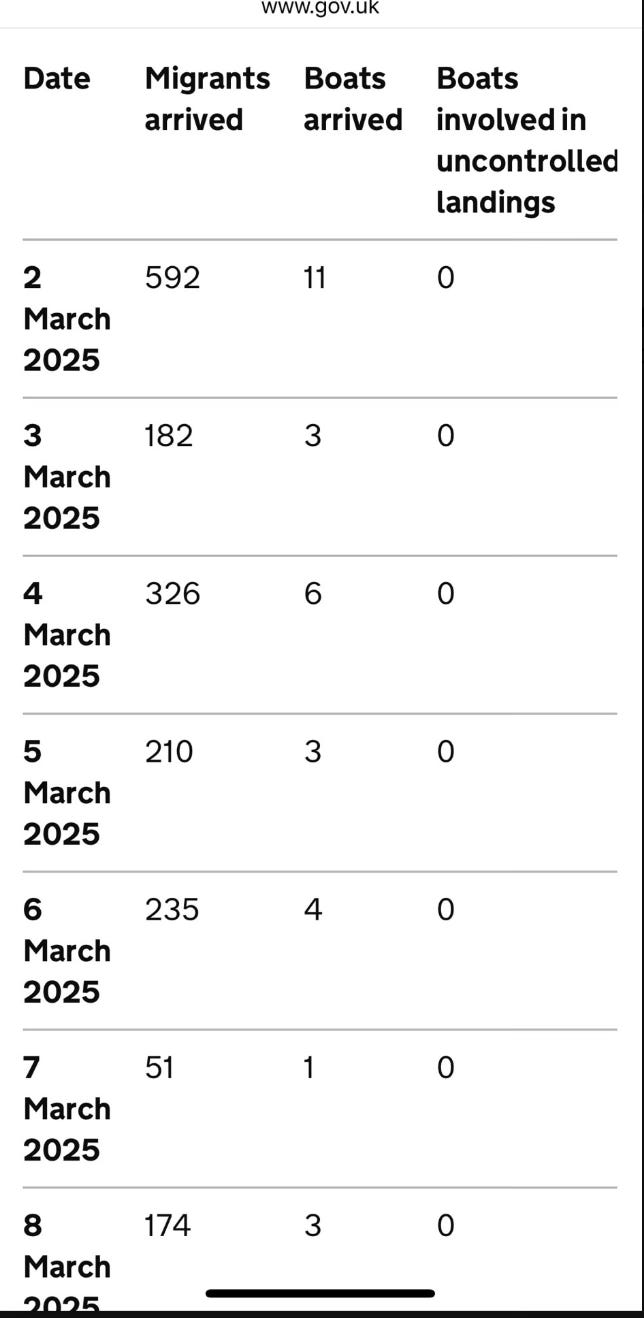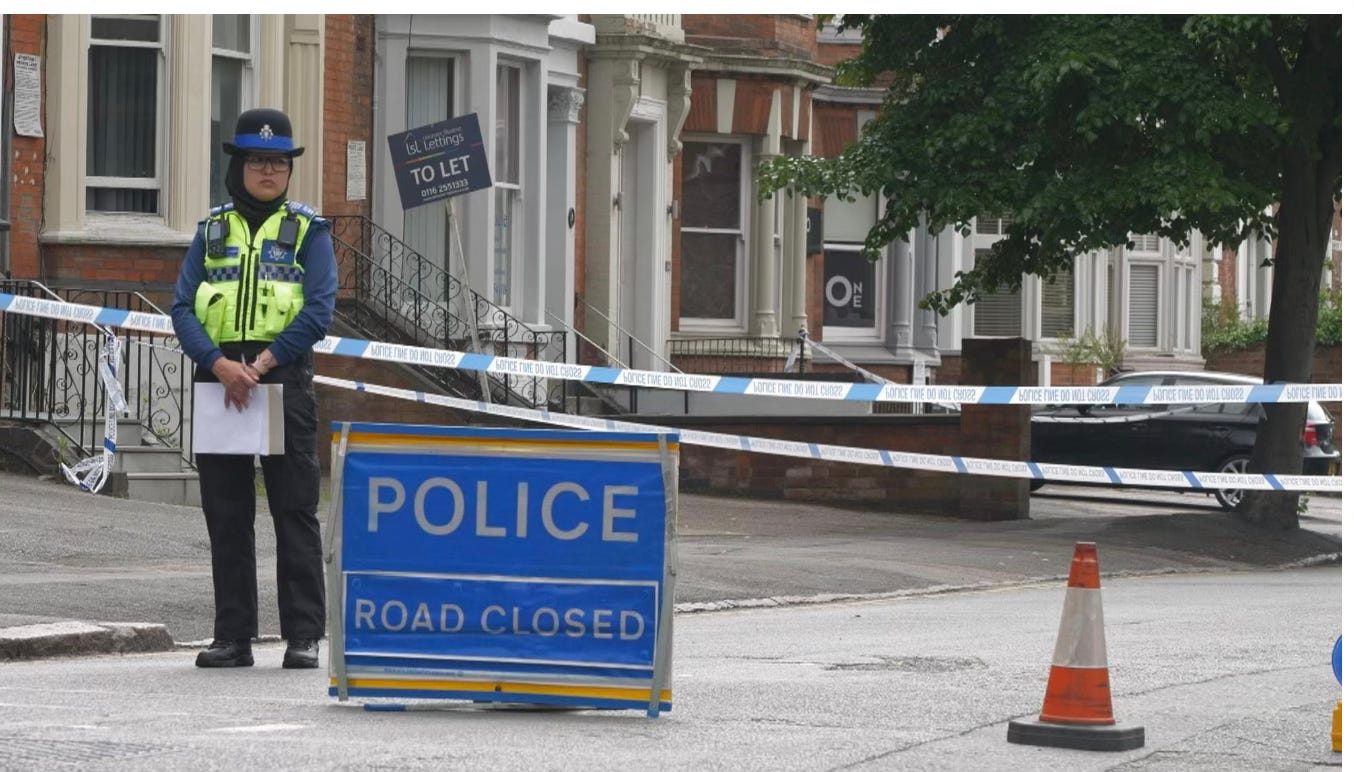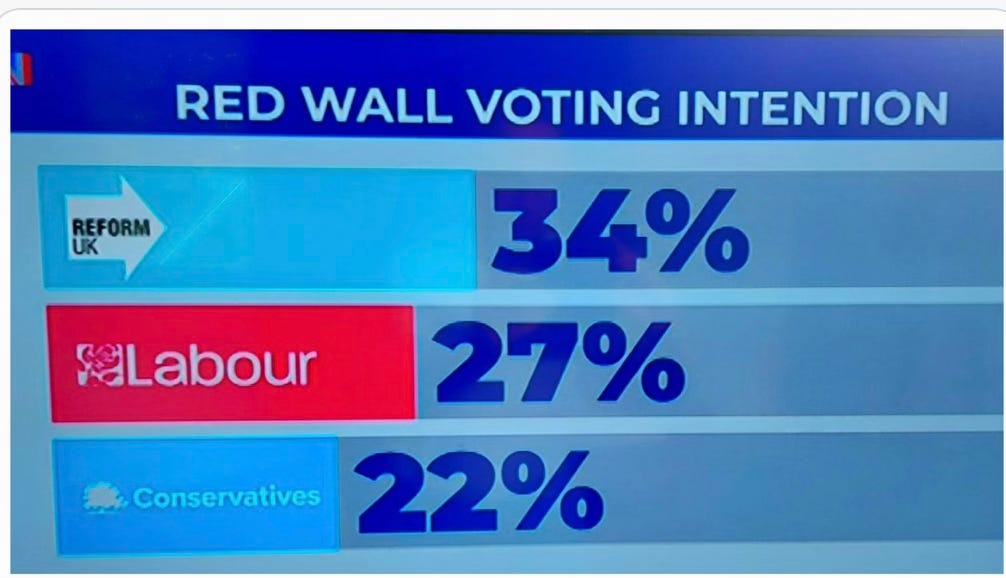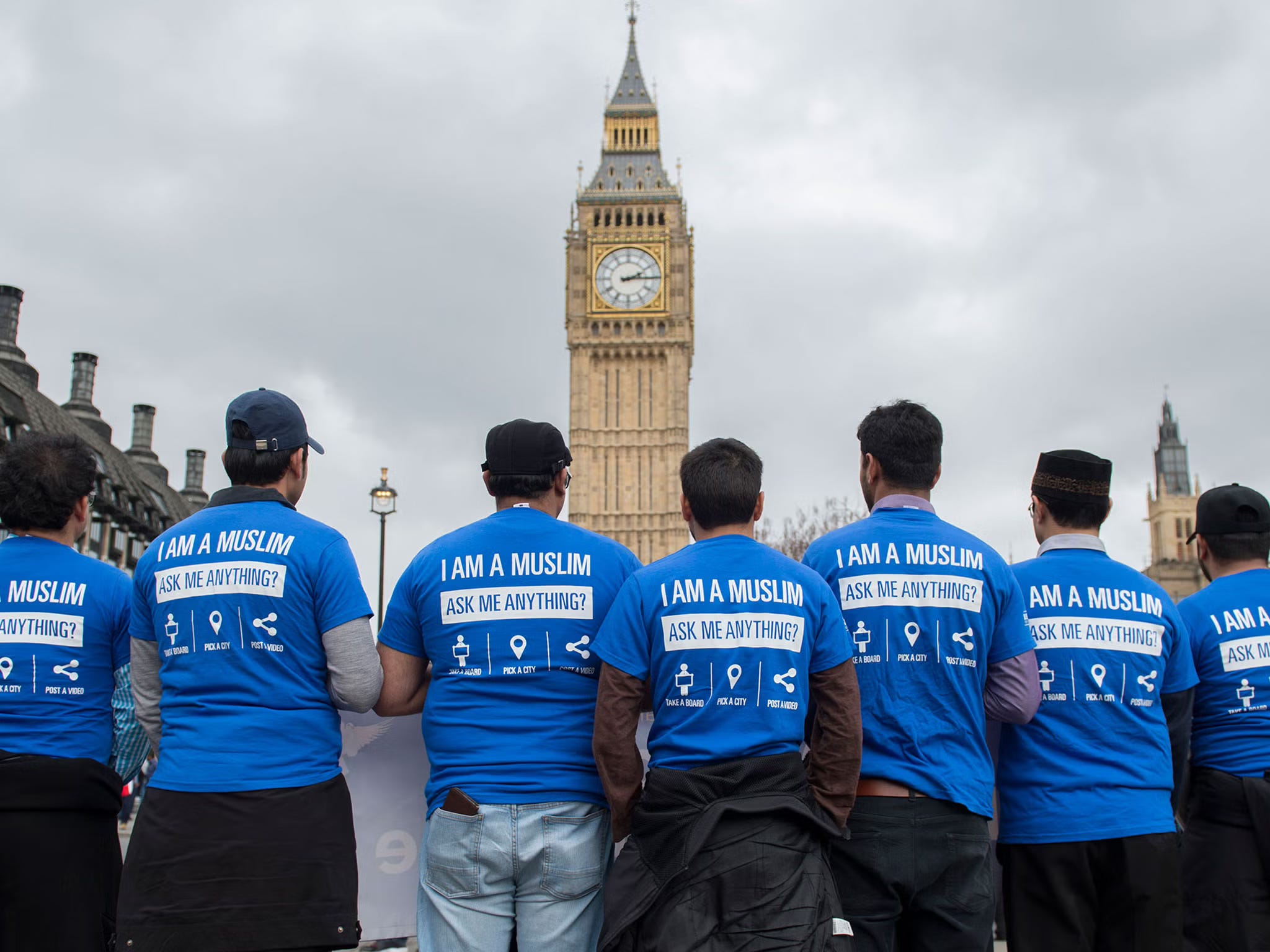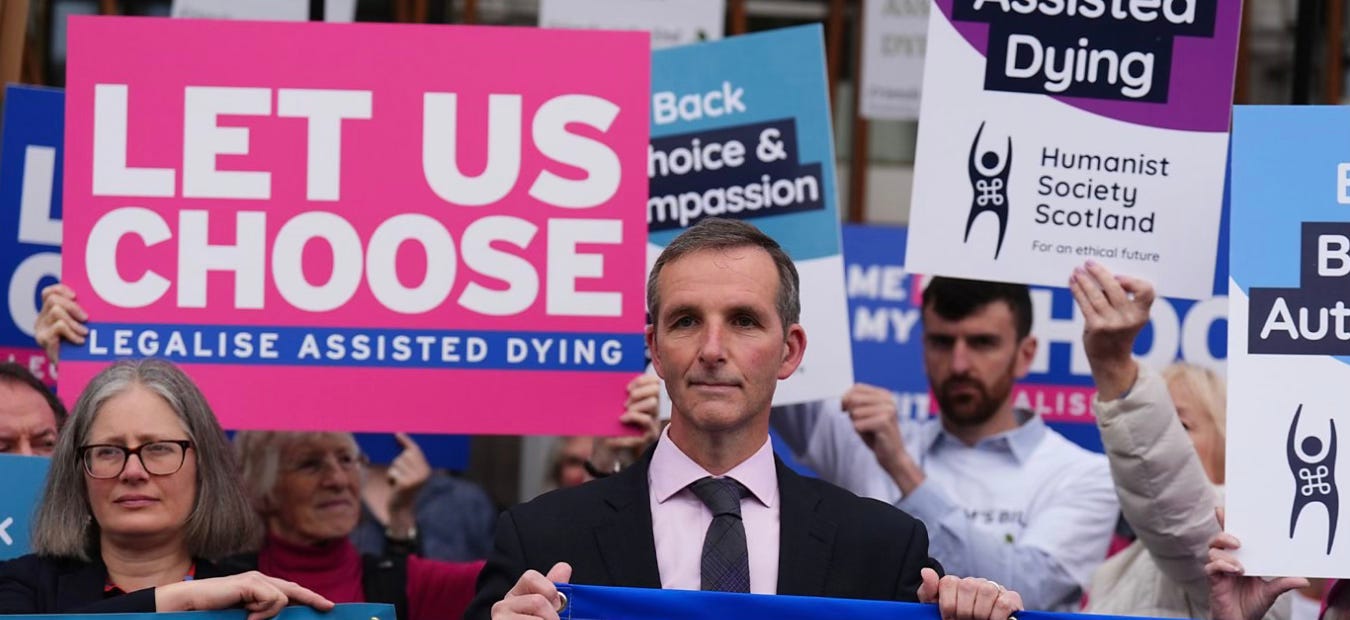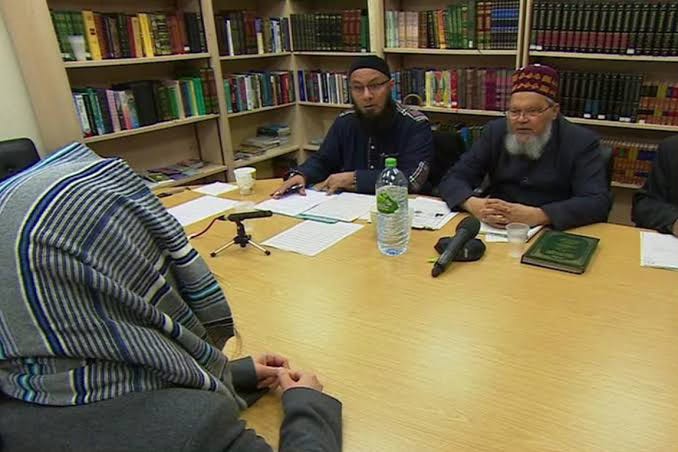David Vance SubstackRead More
Keir Starmer’s pledge to “smash the gangs” involved in people smuggling across the English Channel was a cornerstone of Labour’s 2024 election campaign, a bold promise to tackle illegal migration head-on. Of course no sensible person would have swallowed it – but after years of Conservative absolute failure to deal with it, maybe some foolishly thought things would get better? They were wrong.
Eight months into his premiership this commitment appears increasingly hollow. Far from dismantling the criminal networks facilitating small boat crossings, the evidence suggests a worsening crisis, with record numbers of arrivals, mounting deaths, and little tangible progress in disrupting the gangs.
Starmer’s plan hinged on establishing a Border Security Command, armed with £150 million over two years and counter-terrorism-style powers to target smuggling networks. He framed this as a shift from the Conservative’s “stop the boats” slogan, emphasising enforcement over deterrence. Worth pointing out that the Conservatives had NO INTENTION of “stopping the boats” and have subsequently apologised for even using the slogan!
Yet, the numbers tell a stark story: by late 2024, Channel crossings exceeded 29,000, surpassing 2023’s total, with projections suggesting up to 35,000 by year-end. October 2024 alone saw over 5,400 arrivals—the highest monthly figure since 2022—despite Starmer’s insistence that his strategy was bearing fruit.
There is a fundamental flaw in Starmer’s plan: the absence of any deterrent.
Starmer scrapped the Conservative’s Rwanda deportation scheme on day one, dismissing it as an “expensive gimmick.” While the Rwanda plan’s efficacy was unproven, it aimed to disrupt the smugglers’ business model by removing the incentive of reaching the UK. Without a replacement, the National Crime Agency and Starmer’s own border chief, Martin Hewitt, has warned that enforcement alone cannot stem the tide—new gangs simply fill the void left by arrests. The smugglers’ adaptability, shifting launch points along the French coast, further undermines Labour’s focus on “smashing” them.
Starmer’s approach also falters on execution. The Border Security Command, touted as a game-changer, has been slow to materialise, with Hewitt only recently appointed and little evidence of any significant gang disruptions. High-profile summits with law enforcement and European leaders, like Italy’s Giorgia Meloni, have produced more photo ops than results.
Deals with countries like Vietnam and Turkey to curb migrant flows at source lack concrete outcomes, mirroring the skepticism around similar European efforts. Meanwhile, asylum processing has accelerated, which acts as a pull factor, encouraging more crossings rather than deterring them.
Politically, this failure risks defining Starmer’s tenure. Public frustration, evident in polls and Reform UK’s rising support, reflects a sense of betrayal over unfulfilled promises. Starmer’s shift from “smash the gangs” to “no quick fixes” signals a retreat from his campaign rhetoric, exposing a disconnect between ambition and capability. Without a rethink—potentially revisiting deterrence or addressing migration’s push factors—his pledge looks set to join the graveyard of political soundbites, leaving the gangs intact and the Channel crisis unresolved.
Of course others may feel that Starmer, like Biden, is quite happy with illegal migration. As a good little globalist, he shows little interest in protecting British borders. The British Uniparty wants immigration without limit and Starmer is doing his best to deliver on that, despite the wishes of the British people!





















